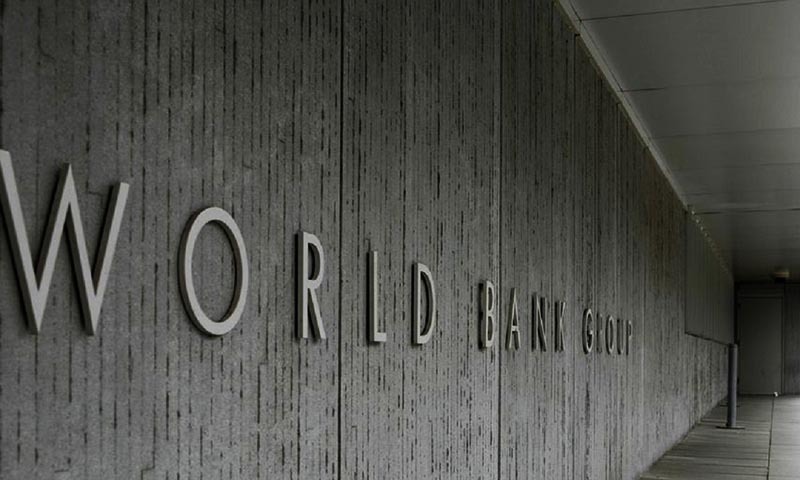The World Bank on Friday signed agreements with Pakistan to provide $1.336 billion worth of assistance which would boost the country’s foreign exchange reserves and help support social sectors.
A total of six project agreements worth $1.336bn, including $128 million grant, were signed to support the government’s initiatives in social protection, disaster and climate risk management, improving infrastructure for resilience, agriculture and food security, human capital development and governance sectors.
The secretary of the Ministry of Economic Affairs, Noor Ahmad, signed the financing agreements on behalf of the government of Pakistan while representatives of governments of Sindh, Khyber Pakhtunkhwa and Balochistan signed their respective agreements online. Najy Benhassine, country director of the World Bank, signed the agreements on behalf of his organisation. Minister for Economic Affairs Makhdoom Khusro Bakhtyar also attended the ceremony.
The first $600 million loan agreement pertained to Crisis-Resilient Social Protection Programme (CRISP) to support the development of more adaptive social protection system that will contribute to future crisis-resilience among poor and vulnerable households in the country. The programme is focused on the key initiatives being undertaken by the Benazir Income Support Programme (BISP) under Ehsaas Conditional Cash Transfer (CCT) programmes, namely Kafaalat, Waseela-i-Taleem, and Nashonuma. The financial inclusion and informal worker support initiatives of Ehsaas have also been included in the programme.
“Amidst the Covid-19 pandemic, millions of families across Pakistan face economic hardship, particularly those working in the informal sector, who have no savings or are not covered by existing social safety net programmes,” said Mr Najy Benhassine.
CRISP will facilitate the gradual expansion of Ehsaas social protection programmes to better reach informal workers through an innovative, hybrid approach that blends social assistance with promotion of increased savings that informal workers, particularly women, can depend on in the event of economic shocks. It will provide a platform through which the government can rapidly respond to support the most affected households during an economic crisis.
The project is designed to improve the capacity of the social registry to maintain up-to-date accurate household data and exchange data among social programmes, while providing greater beneficiary choice in the biometric payment systems. It will also help Pakistan address longer-term impacts on human capital caused by the pandemic, resulting from foregone health and medical services and a substantial loss of education due to prolonged absence from schools.
Another $200m loan Locust Emergency and Food Security Project would be utilised jointly by the federal and provincial governments through a strengthened and better coordinated system for implementation of a set of customised activities. These will include conducting locust surveillance and controlling operations, rehabilitating livelihoods of affected rural communities and farmers to effectively address the desert locust outbreak and to reduce vulnerability to climate change in the long term.
Another $200m Khyber Pakhtunkhwa Human Capital Investment Project is targeted to improve availability, utilisation and quality of primary healthcare services and elementary education services in four districts of Khyber Pakhtunkhwa that have been hosting refugees i.e. Peshawar, Nowshera, Haripur and Swabi.
The Sindh Resilience Project financed by another $200m loan is aimed to mitigate flood and drought risks in selected areas and strengthen Sindh’s capacity to manage natural disasters and public health emergencies. The project will support establishment of the Sindh Emergency Service, including the development of six divisional headquarters operational facilities, provision of equipment, and training of personnel. The project will also support construction of 35 small rainwater-fed recharge dams in drought prone regions of Sindh, including Karachi, Jamshoro, Thatta, Dadu and Nagarparkar in Tharparkar districts.
A $86 million loan for Balochistan Livelihood & Entrepreneurship and Balochistan Human Capital Investment Projects is expected to promote employment opportunities for rural communities, achieve sustainability of enterprises and improve utilisation of quality health and education services in various districts of the province. Supporting Institutional Interventions for Management of Refugees Project worth $50m for federal government is designed to improve organisational and institutional capacity for managing refugees and host communities.








